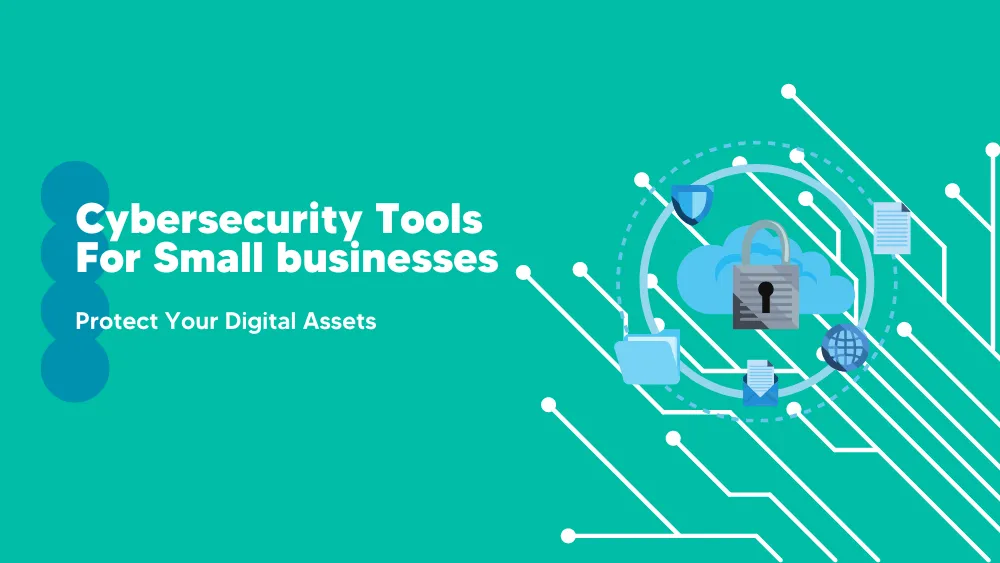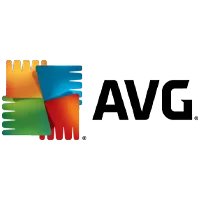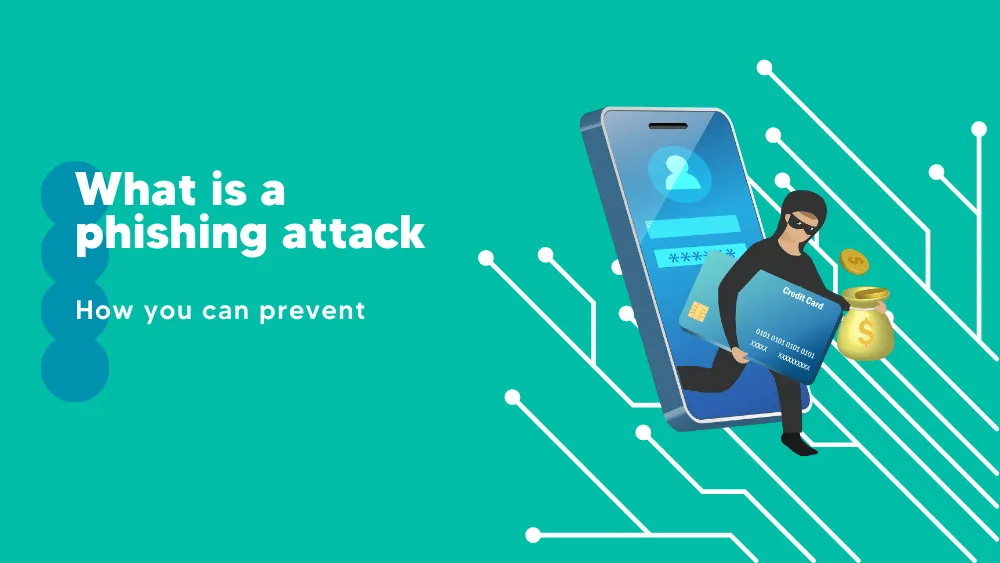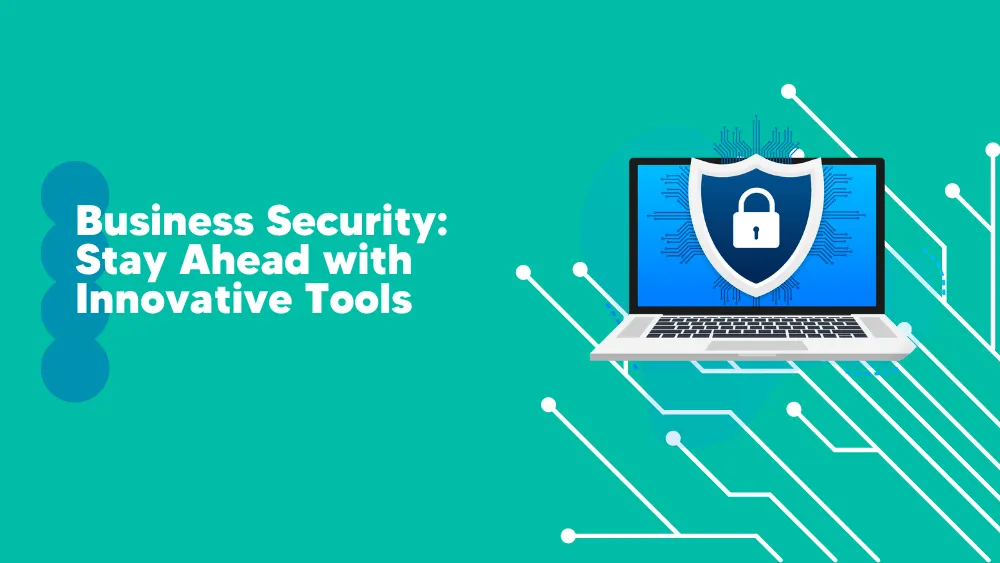
Best Antivirus Software
What is Antivirus Software?
With cyber threats lurking around every virtual corner, individuals and businesses need reliable protection against malicious software. This is where antivirus software plays a pivotal role. This comprehensive guide will delve into the essence of antivirus software, exploring its significance, functionalities, and how it acts as a shield against digital threats.
Antivirus software, often called antivirus or anti-malware software, is designed to detect, prevent, and remove malicious software (malware) from computer systems. Malware includes a variety of threats, such as viruses, worms, Trojans, ransomware, spyware, and adware. These harmful programs can disrupt computer operations, steal sensitive information, and even cause irreparable damage to your digital devices.
Compare Antivirus Software
Surfshark One
ESET PROTECT Platform
Table of Contents
Key Functions of Antivirus Software
Antivirus tools, multifaceted in their approach, serve several pivotal functions:
Blocking Malicious Intruders – Antivirus software acts as a sturdy shield, blocking malware from infiltrating your devices. Whether it’s a virus-laden email attachment or a suspicious download, these tools identify and neutralize threats before they can wreak havoc.
Safeguarding Against Phishing and Spam – Phishing attempts disguised as trustworthy entities aim to steal sensitive information. Antivirus solutions with anti-phishing features thwart these deceitful endeavors, protecting users from falling victim to online scams.
Extending Endpoint Lifetime – By creating a fortified barrier, antivirus software prolongs the lifespan of digital endpoints. This resilience ensures that devices operate efficiently, unburdened by the detrimental effects of malware.
Regulating Companywide Policies – Antivirus software empowers organizations to enforce uniform security protocols. Through centralized management, companies can regulate antivirus policies, ensuring consistent protection across their network.
Why Antivirus Software is Indispensable
Ensuring Information Security – In an era where data reigns supreme, safeguarding sensitive business information is paramount. Industries, regardless of their nature, are susceptible to cyber threats. Antivirus software forms an essential component of the arsenal, fortifying companies against data breaches and theft.
- Securing Diverse Endpoints – Modern workplaces embrace diversity in devices, from laptops to smartphones. Antivirus software’s cross-platform compatibility ensures that every endpoint, regardless of its operating system, remains impervious to malware attacks. This inclusivity is crucial in the age of Bring Your Own Device (BYOD) policies.
- Enhancing Browsing Safety – Employees, navigating the vast expanse of the internet, encounter potential pitfalls in the form of malicious websites and ads. Antivirus solutions are vigilant sentinels, detecting and preventing access to dangerous online territories. By curbing risky behaviors, they fortify networks against intrusion.
- Mitigating Employee Unreliability – Human error often paves the way for cyber threats. Employees, unaware of the dangers lurking online, might inadvertently download malware. Antivirus software establishes barriers, making it arduous for users to compromise network security inadvertently. By curbing unauthorized downloads, companies safeguard both individual and organizational data.
Types of Antivirus Software
Antivirus Software
The Vanguard Against Viral Threats
The foundational pillar of cybersecurity, antivirus software specializes in combating viruses. These notorious entities replicate and spread, infiltrating networks and wreaking havoc. Antivirus solutions identify and neutralize known viral variants, ensuring the digital realm remains virus-free.
Anti-Malware Solutions
Anti-malware software broadens its scope, defending against a myriad of cyber threats. Ranging from adware to ransomware, these programs evolve constantly. Anti-malware tools, integrated with threat intelligence networks, adapt swiftly, protecting devices against existing and emerging threats.
Anti-Spyware Tools
Spyware, surreptitiously gathering sensitive data, poses a significant threat. Antivirus software equipped with anti-spyware features detects and eradicates these stealthy intruders. From tracking cookies to trojans, these tools ensure user privacy remains inviolate.
Anti-Worm Defenses
Computer worms, akin to viruses, replicate within networks. Unlike viruses, worms focus on replication rather than file modification. They serve as potent tools for hackers, facilitating backdoors and ransomware attacks. Antivirus solutions with anti-worm capabilities arrest their rapid proliferation, safeguarding networks from widespread infestation.
Anti-Phishing Measures
Phishing, a prevalent deception tactic, targets human vulnerability. Antivirus software with anti-phishing features identifies and neutralizes phishing attempts. Whether in emails or ads, these tools discern fraudulent content, shielding users from unwittingly divulging sensitive information.
Essential Features of Antivirus Software
Malware Scanning – Malware scanning, the bedrock of antivirus functionality, involves meticulous inspection of devices, browsers, and networks. By identifying malware’s presence, these tools expedite remediation efforts, ensuring swift removal of threats.
Continuous Scanning – Unlike periodic scans, continuous scanning operates in real time. By constantly scrutinizing endpoints, it promptly alerts users to emerging threats. This proactive approach mitigates the risk of dormant malware wreaking havoc undetected.
Firewall Protection – Firewalls, integral components of antivirus software, monitor and filter network traffic. By identifying suspicious activities, they thwart intrusions and alert administrators. Effective firewall protection adds a layer of security, safeguarding networks comprehensively.
Web and Email Protection – Antivirus solutions bolster online interactions by identifying hazardous websites and downloads. Web protection features scrutinize downloads, preventing malicious infiltrations. As an advanced spam filter, email protection isolates phishing attempts and safeguards user inboxes.
Automatic Updates – Antivirus software’s effectiveness hinges on regular updates. Automatic updates fortify security by equipping the program with the latest malware signatures. These updates ensure continuous protection against evolving threats by eliminating human error from the equation.
Cross-Platform Compatibility – In a diverse digital landscape, antivirus software must be versatile. Cross-platform tools cater to varied devices and IT infrastructure components. These solutions offer seamless protection across platforms, whether on Mac, Windows, mobile, or Linux systems.
Challenges and Solutions
Software Updates: The Human Factor
Antivirus software’s efficacy relies on up-to-date databases. However, employees may overlook the importance of timely updates. Failure to update leaves systems vulnerable, emphasizing the need for robust employee education and awareness programs.
Addressing Existing Malware
Companies transitioning to antivirus solutions may already harbor malware. While proficient in prevention, antivirus software might lack the finesse to remove complex existing threats. Collaborating antivirus solutions with endpoint detection and response (EDR) tools ensures a thorough cleansing of networks, eliminating persistent threats.
Antivirus software is the bastion against cyber threats in the ever-evolving digital landscape. Its multifaceted approach, continuous updates, and user awareness fortify organizations, ensuring their digital domains’ safety. Embracing these technological sentinels, businesses confidently navigate the virtual realm, safeguarding their data and operations against the nefarious forces of the digital world.






















